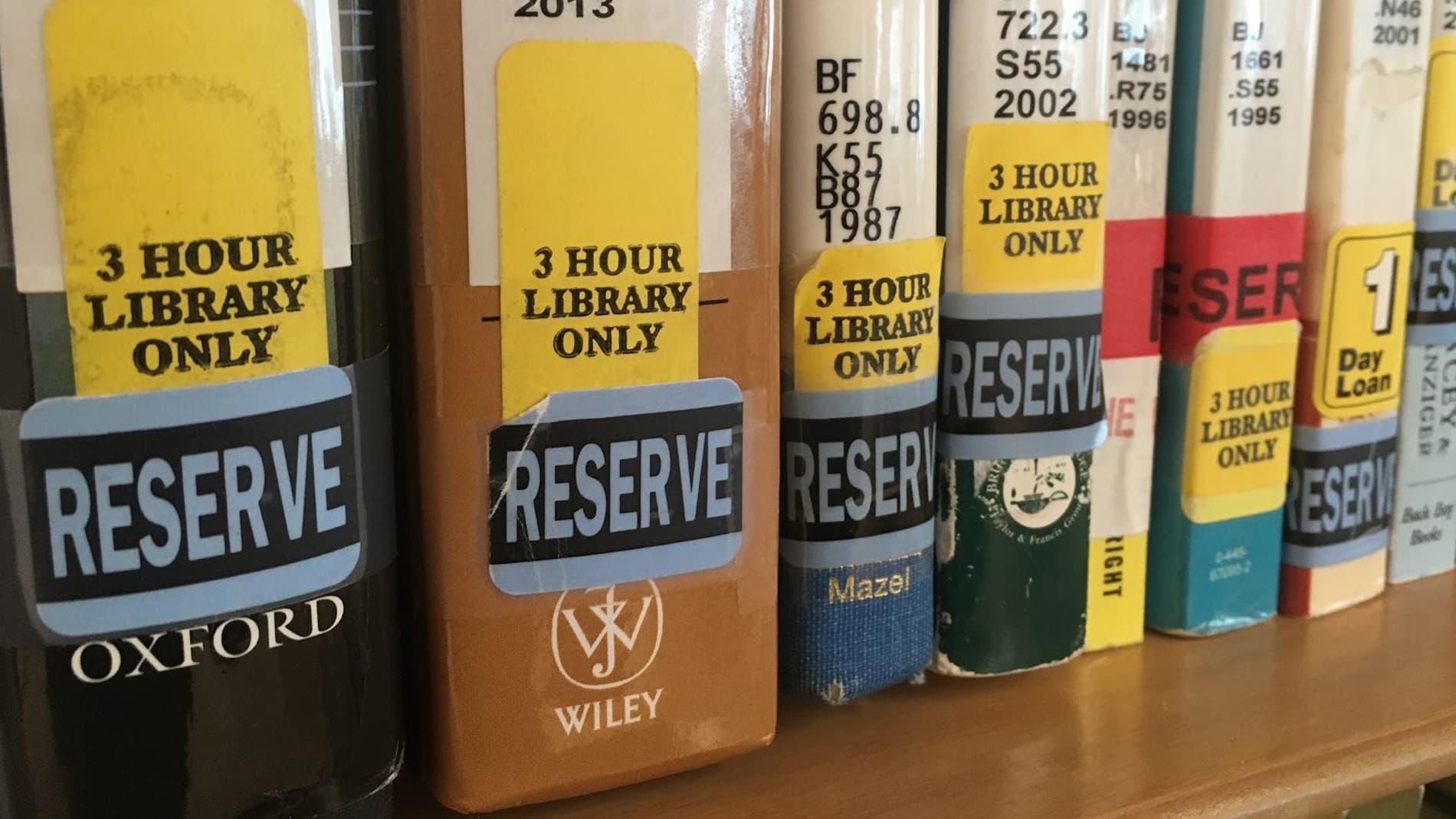2. Interlibrary Loan (ILL)
As much as we want to, our library doesn’t have every book, article, or video ever created. Chances are, at some point, you’re going to need something we don’t have in our building or through our databases. Thankfully, what we DO have is interlibrary loan, a system where we will find whatever item you’re looking for from another library and get it for you. Simply log in with your PrideNET username and password, give us whatever information you have about the item you need, and we’ll get it for you. If you’re looking for an article, you’ll usually have a PDF available for you within a few days. Books take a bit longer because of shipping times, but still usually arrive within a week or two. So don’t get frustrated if it looks like we don’t have what you need, and NEVER pay a website to view an article - just ask!


